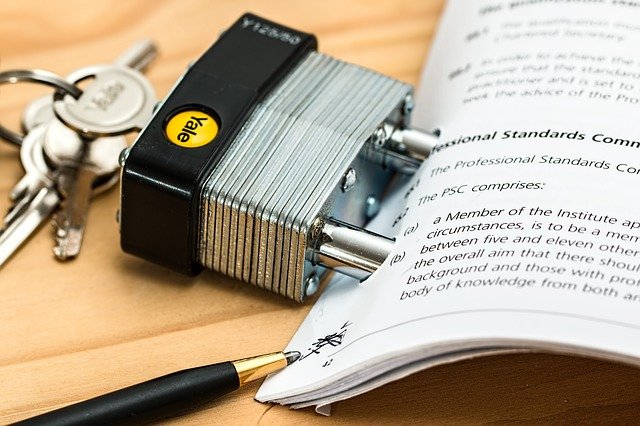As a small business owner, you’ve probably heard the term surety bonds being thrown around quite a lot. Many industries require this type of bond as a part of the licensing process. Therefore, it might be a good idea to learn more about them and what they can do for your startup. In this article, you will find 6 things every entrepreneur needs to know about surety bonds.
Table of Contents
1. What Is a Surety Bond?
A surety bond is a three-party agreement between a surety company, the obligee (the governing body that requires the bond,) and the principal (business required to obtain the bond.) This document guarantees that the principal will fulfill its obligations towards the obligee or customers. In this transaction, the surety company acts as a third-party guarantor that financially backs the bond itself. Furthermore, if the obligee or consumer files a valid claim against the bond, the surety will provide compensation on behalf of the principal intially, but will require the princial to reimburse them.
Surety Bonds are there to ensure that the prinicipal follows through on their obligations to the obligee and consumer. Furthermore, they prevent business from acting irresponsibly.
2. Different Types of Surety Bonds
Broadly speaking, there are three types of surety bonds. License and permit bonds protect customers by assuring them that the business will adhere to all applicable laws and regulations. Contractor bonds guarantee that a contractor will comply with all the requirements of their contract in relation to public construction jobs.. Finally, court bonds ensure that the principal will fulfill their responsibilities in relation to a court of law.
3. Surety Bonds Are Not Insurance
Surety bonds are used to protect the public against risk, so they are often regarded as a form of insurance. In addition, under the current U.S. legislation on surety bonds, they are, for the most part, regulated as an insurance policy. However, contrary to popular belief, surety bonds are not insurance. Furthermore, there are several key differences between surety bond insurance services and insurance policies.
First of all, unlike insurance, surety bonds do not secure the buyer. Instead, their main goal is to protect another party the buyer is working with. Secondly, in case of any misfortune, insurance companies usually cover all of the client’s losses themselves. On the other hand, the bond buyers are the ones liable for the financial consequences if they don’t abide by the terms outlined in their bond. Finally, while insurance premium is used to cover any potential losses, surety premium is a guarantee that the principal will fulfill their obligations.
4. Do You Need Them?
A simple answer to this question would be — it depends. Namely, the industry that your startup is in will determine if you need surety bonds or not. In addition, regulations concerning surety bonds are different from state to state, which means you’ll also have to consider your local legislation. Generally speaking, some professions for which you’ll need surety include contractors, auto dealers, mortgage brokers, freight brokers, insurance adjusters, etc.
5. The Surety Bonding Process
The surety bonding process is far from complicated, as it involves only a couple of simple steps. First, the surety underwriters need to find out more about your company and carry out a credit check. Afterward, the surety company offers you a quote. This quote will largely depend on how your company did during the underwriting process. Finally, you pay the quote and fill out the paperwork.
6. Who Can Issue a Surety Bond?
Surety bonds are issued exclusively by licensed surety providers. Although surety providers can operate on their own, they are sometimes divisions or subsidiaries of insurance companies. This comes as no surprise considering surety bonds and insurance policies are both regulated by state insurance departments.
Final Thoughts
Entering a world of entrepreneurship can be quite overwhelming. Hopefully, this article cleared up at least some of the confusion regarding surety bonds. So, check your local, state, and federal legislation and regulations to see if your business needs them. And if the answer is yes, surety companies such as JW Surety Bonds will be there to help you.


